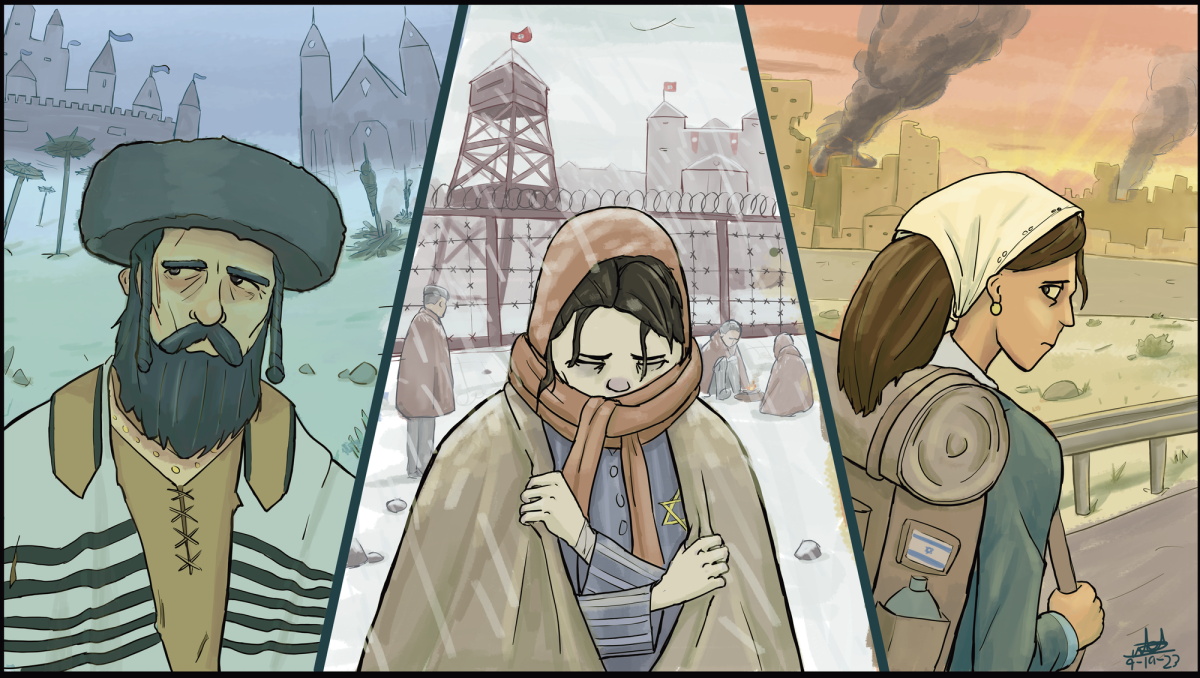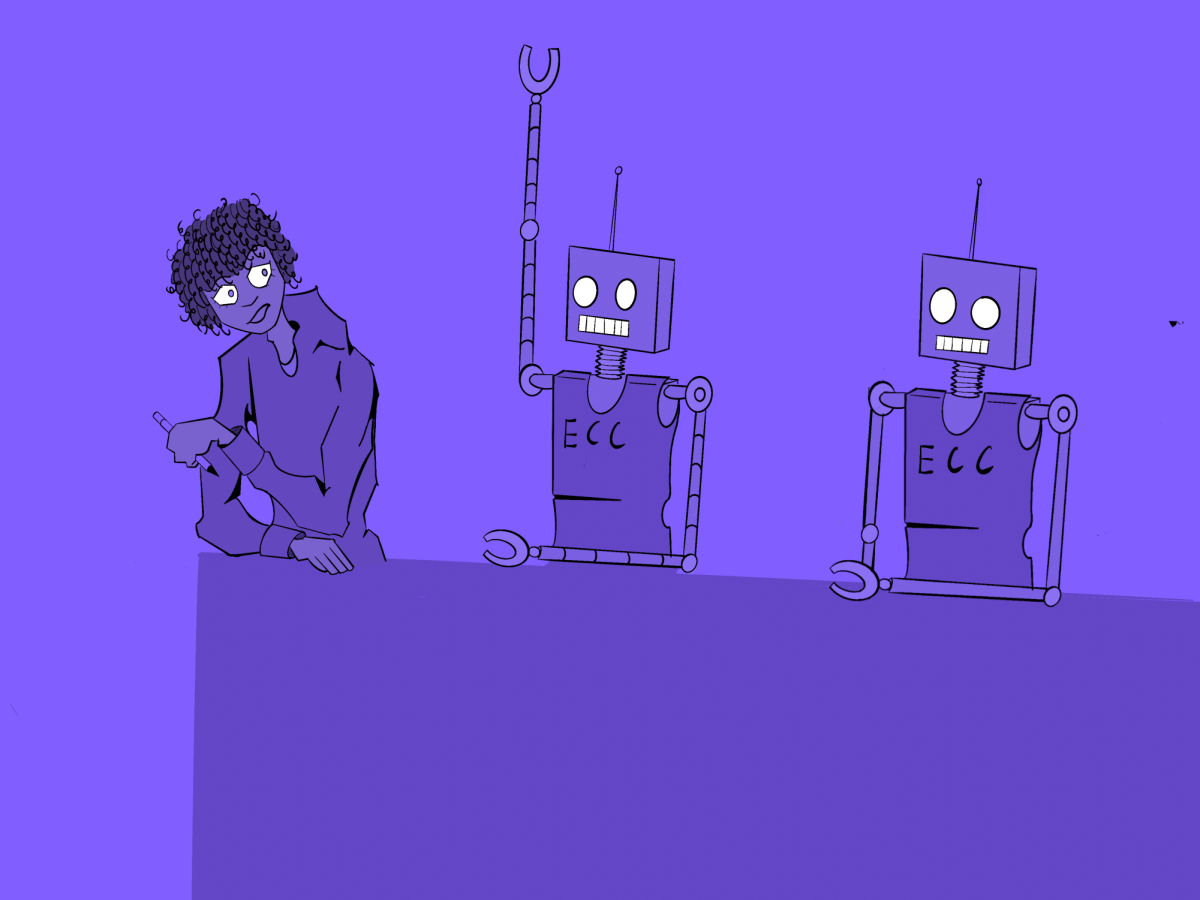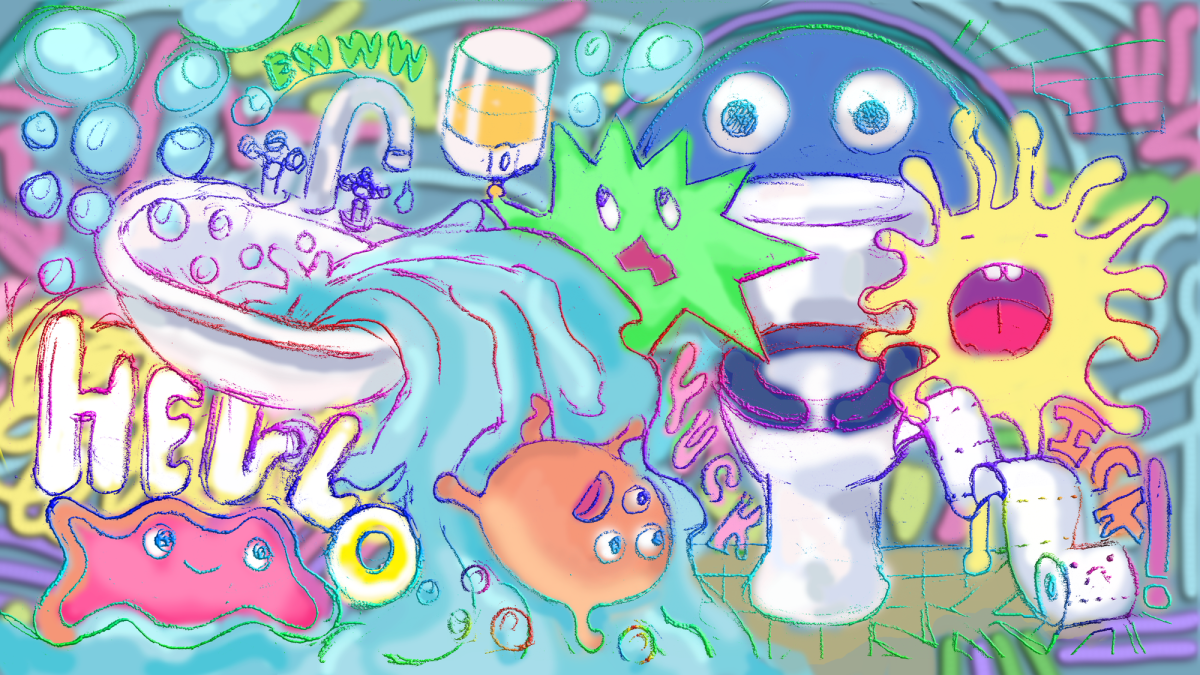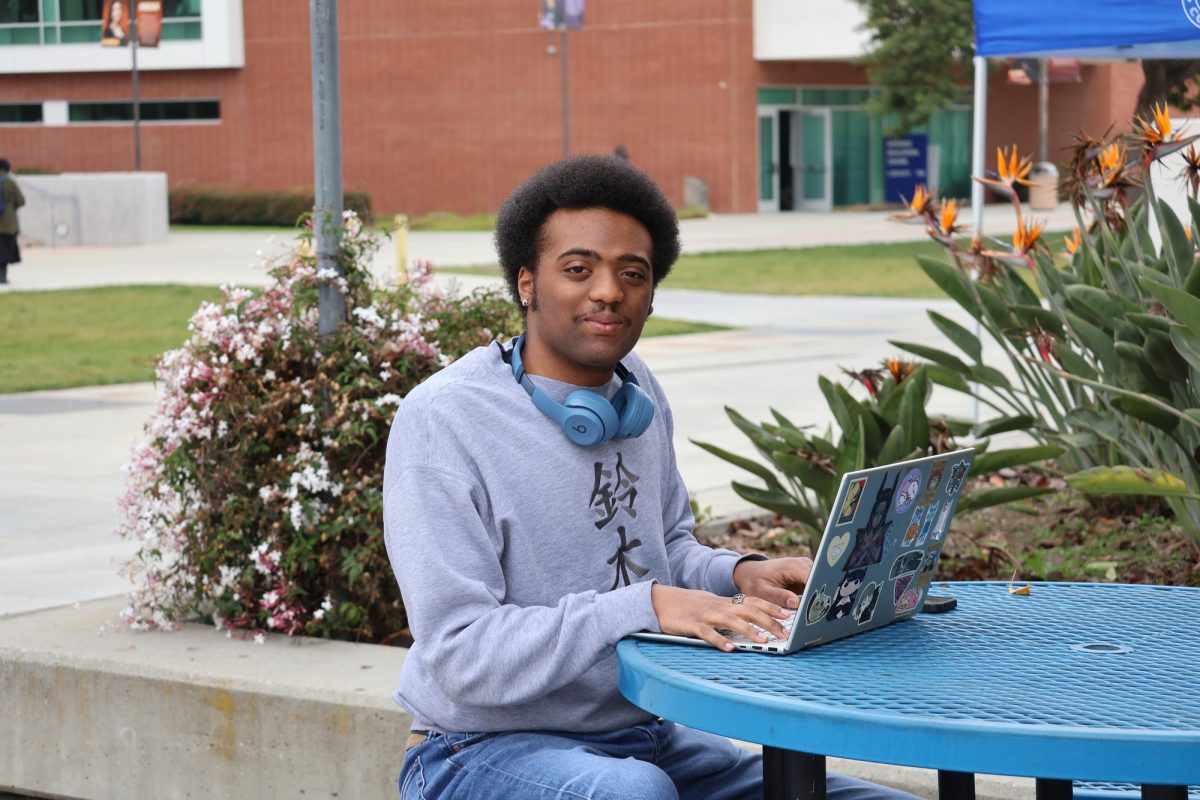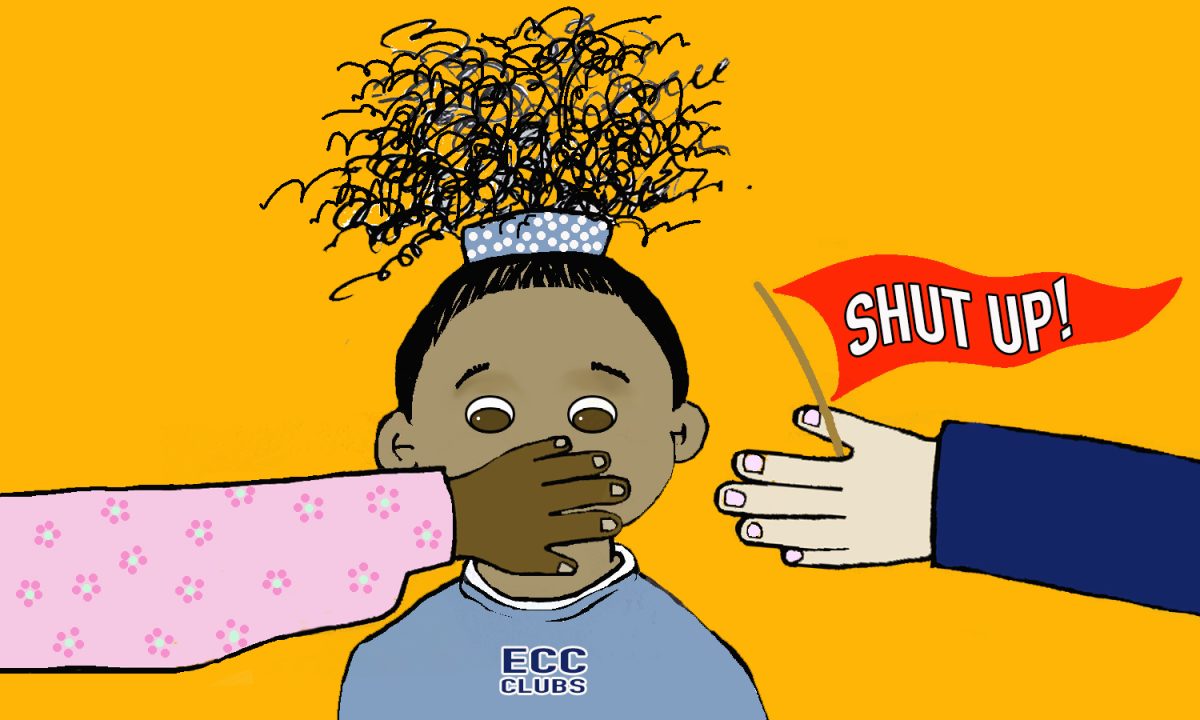A great deal of ink has been spilled on the issue of whether the protests against Zionism are driven by hatred of Jews or are instead a simple condemnation of the actions of the Israeli government.
Amid the latest flare-up in the Israel-Palestine conflict raging thousands of miles away from the U.S., protests have surged in the streets, and the pixelated halls of social media are plastered with the use of Zionism as a derogatory term akin to racism, colonialism and apartheid.
This idea aligns with many activist movements in our current political era, where the anti-Israel cause has gained prominence by linking it with other social justice causes.
But is that the real story?
Within the academic realm of understanding, anti-Zionism and Jew hatred, better known as antisemitism, cannot be connected.
Anti-Zionism is an objection to a country, a nation, a state.
Antisemitism is a vile and old form of prejudice that singles out Jews as a religion, a people and an ethnic group.
However, anti-Zionism is the latest mutation of the world’s oldest form of hate.
What the two have in common is that they are different ways of claiming Jews have no right to exist collectively as a group or have the same rights as other people.
What originated as a political movement in the late 19th century in response to escalating pogroms against Jews, Zionism reached its peak after the near extermination of the Jewish people during the Holocaust in the 20th century.
At its core, Zionism has been driven by the imperative of self-preservation in a world fraught with hostility toward its Jewish minority.
Zionism is and always has been the movement of the Jewish people to return to their ancient homeland and reestablish a state. In the modern day, the meaning has evolved into the protection and inherent right of Jewish self-determination.
While many others may have a different view of the term, the real-life impact that anti-Zionism has is more than just criticism of the state of Israel.
The Oct. 7 attack on Israel by the U.S.-designated terrorist organization Hamas is anti-Zionism in action.
The ruthless murder, rape, mutilation and taking hostage of more than 1,400 Israelis is the result of years of normalization of anti-Zionism as a front for the hatred of Jews.
The stoking of the flames by previous Associated Students Organization President Jana Abulaban and her anti-Zionist tirade at El Camino College’s last graduation ceremony highlights that even close to home, demonization of Israel and its supporters runs rampant.
In 2023, there was a surge of over 140% in antisemitic incidents compared to the previous year, totaling 8,873 cases of assault, harassment and vandalism across the U.S., according to the Anti-Defamation League.
Nearly 5,200 of these incidents occurred following the Hamas attack on Israel.
Before the Oct. 7 attack, about 67% of Jewish students reported feeling “very” or “extremely” safe on campus. However, since then, the number has only taken a nosedive as protests on U.S. campuses largely target Jews for their support for Israel.
When anti-Zionism translates into calls for violence against Jews, it unequivocally reveals itself as antisemitism.
Any denial of Israel’s right to exist, which descends into racism or discrimination, exclusion and intimidation against Jews at social events, boycotting of Jewish goods and a revival of tropes and conspiracies against Jews under the guise of anti-Zionism are all forms of hate.
This conflict has led to numerous Palestinian civilians tragically losing their lives in the crossfire. Though the Palestinian cause remains significant, the harsh reality underscores decades of corrupt and negligent leadership.
As has been shown by various responsible sources, Palestinian leaders have indoctrinated extremist groups and a portion of the population into harboring antisemitic sentiments through denial of the Holocaust, “Pay-for-Slay” terror programs and demonization of their Jewish neighbor.
Without understanding the history of the region and the longstanding conflict, it is not possible to fully understand the complex connections between anti-Zionism and Jew hatred.
Rather than perpetuating divisive pro-Palestinian and anti-Zionist narratives, the focus should be on fostering empathy and respectful dialogue, even amid disagreement.
By listening to one another and seeking to understand different viewpoints, we can work together toward peace and a better hope for a safer tomorrow.



